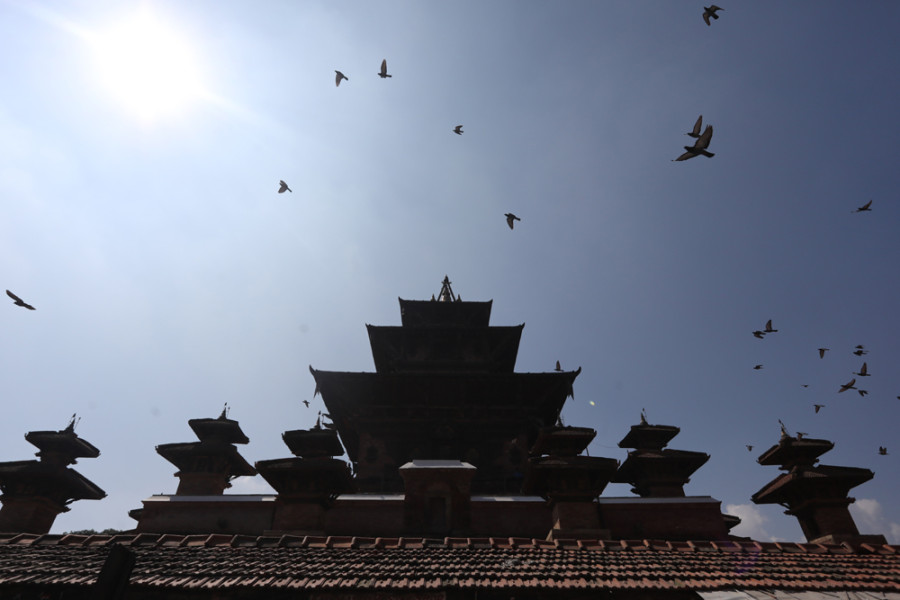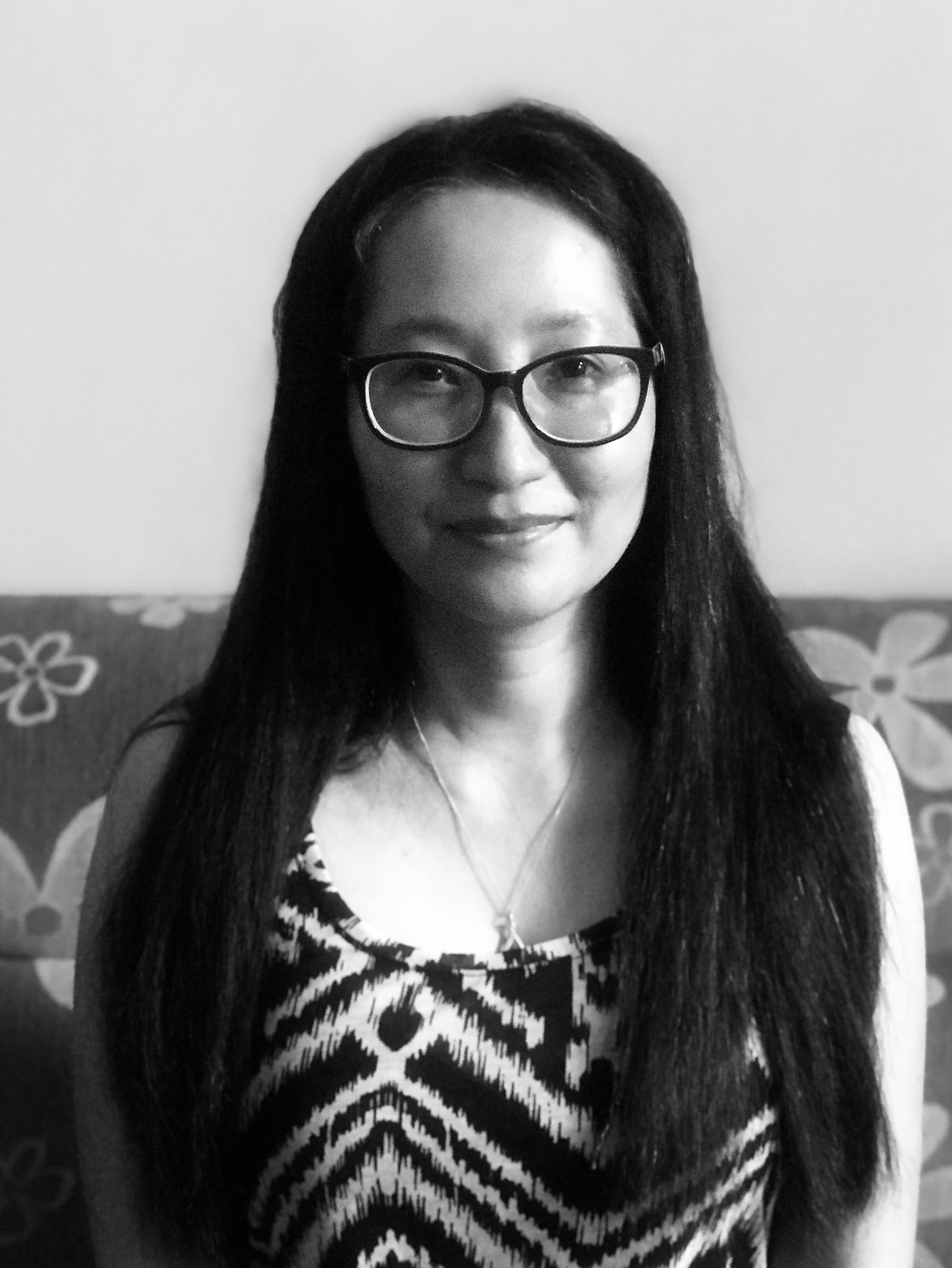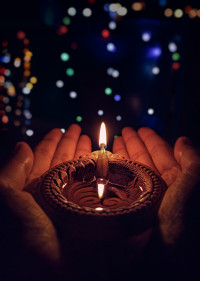As it is
A time warp
We fill our lives with the memory of absences, and mine is filled with Kathmandu’s images.
Prateebha Tuladhar
Kathmandu in my memory is now imaginary. It is rife with the feelings I have attached to it, most of which is love for persons and things I left behind when I moved to this new temporary home of mine. In my imagination, Kathmandu is made up of misty mornings, torrential rainfall, nippy evenings and people around you all the time, offering you love in their constant presence. The Kathmandu of my memory is made up of gwaramari that I never liked eating, the woh and chatamari cooked by Baa that I devoured for dinners and the unbeatable maakku taste of daal that Mamu makes.
Kathmandu is a motely of footsteps trampling the city streets at all times of the day. In my mind, Kathmandu is also Safa tempos, Sajha buses and hundreds of Tootle and Pathao riders. But most of all, Kathmandu is people I seek.
Away from Kathmandu, the place itself, really does feel like an imagination.
When I see pictures of Kathmandu on the news, it is a bit jarring, however. My imagination is jolted by reality. I'm reminded again of how much anxiety I have experienced because of everything around me. The stray dogs and cows, and their suffering of abandonment and un-belonging-ness. At times I felt the state of animals in Kathmandu would drive me out of my wits. If I died of something, animals would be my death. My anxiety over their safety. Environment is not humans only. But there, I have been laughed at for putting animals before other things.
Kathmandu had closed in on me over the years like an oyster shell packed with stress. The stress to get to work on time and not be late as I manoeuvred potholes, traffic and people. People. When I wasn’t rushing to work, there was this pressure from different people around me to do things or to deliver this and that. This and that. Literally. There were requests from family and friends for time, which I always seemed to run out of in that little valley. Never enough time to meet anyone. Every meeting had to get rescheduled and then re-rescheduled. And often, they spanned across time and space into oblivion until I lost some very close and loved friends. It wasn’t me. It was just me in that city to which I have all my strings tied to. It renders me immobile at times.
I was trying to cram in so much into my days that it felt limiting. There never seemed to be enough time for anything. Every morning, I’d wake up to the sparrows and the pigeons outside my window, and beyond the window, my neighbour’s wall. Blocking the sight of the sky. By the time I figured a way out of bed, I would have run out of time for breakfast and then I’d be rushing to work. Entire days were spent on commute. By the time I got home, the only thing I wanted to do again was to crawl back into bed, turn on my bedside lamp and bury my face in a book or watch my phone screen and tire my eyes to sleep. And then repeat.
But here, I seem to have so much time. Ironically, no one to meet or to do anything for. My days are usually spread wide across space and time. Space—which would literally translate into wide open spaces and un-fragmented skies and thick foliage. Time—which is just about punctuating my day with things to do. I try to cram time into work now, and not the other way around. I’m slipping into this old habit of making work my therapy. That’s why humans invented it, right? So, we can while our time away. That’s why we invented work. But also things. And by that, I mean inanimate objects that sometimes dot our window panes and shelves. Sometimes even our balcony. Because, how else would you fill the emptiness around you? We buy all kinds of little things that fill out time. A miniature elephant. Candle holders. Tea pots. Vases. Mats.
You know how ironic this sounds—humanity has always tried to save time; get things done within so little time. But I no longer think of saving time. I only want for time to touch my days, see me through my brand new reputation and vulnerability and pass me by. I have enough time to just sit and stare at the sky, at strangers, do whatever might help me pass my days. Have you ever known of this kind of trapping of time? I want to call it a time warp.
I guess that’s what moving to new cities is supposed to be. They’re a way of trapping yourself in a time warp, so that you get the feeling of beginning your life all over again. You stand up, stagger, learn to crawl, to speak in a language you do not know, a word here, another there. You can no longer take language for granted, because words have lost their meaning.
When Joe gives me rides to the town, I speak to him in English and he speaks to me in Karen. And since neither of us make sense to each other, we just look at each other and laugh at intervals. If we’re going to a new place, I open the Google Maps for him and hold up my phone for him and help him navigate. And then we turn to each other and laugh some more when we make the wrong turns. We smile when we arrive at our destination.
While he drives, I look at the road stretching before us and everything I see becomes so pronounced— the trees, the sky, the walls, the flowers, the houses.
“I want to borrow your eyes. You seem to think of everything you see as beautiful,” Namfon says to me. " And they are!” I tell her. I say people and places and things intrigue me. I say, as I’m learning the lay of the land, I’m smitten by the beauty of her country and that’s what makes me stare.
Then she tells me about her grandparents. A poem she wrote for them when they were apart, with one of them hospitalised. She explains how they couldn’t live together without fighting, but when one of them was away, the other would suffer in silence and search for different things stored in the house by the one absent. This searching for the presence of another in tangible things like rice and beans stored away in jars, and the pumpkin seeds above the fireplace— this kept them alive.
And this is what we do. We fill our lives with the memory of absences. It’s what I’m doing with my days here. I fill my days with the images of Kathmandu. Often, it appears to me in the form of a distant hill, which they call ‘mountain’ here. At times, it’s a packet of lapsi candy that peeps at me from a drawer. Sometimes, it’s Mamu’s stole that I brought with me. I put my nose to it and try to see if I can smell her in it; if I can still smell something of Kathmandu. But it has caught on a new smell now. It smells like the scented camphor in my closet here. Kathmandu, caught in the mesh of its weaving, is there, but no longer tactile.




 22.64°C Kathmandu
22.64°C Kathmandu










